Car finance explained – How to finance and what are my options?
Financing is the most common way to purchase a car, as it allows you to drive a much newer vehicle on a monthly payment, but what are the options that you have?
The Cazoo editorial team
Published on 22 September 2025 | 1 min read
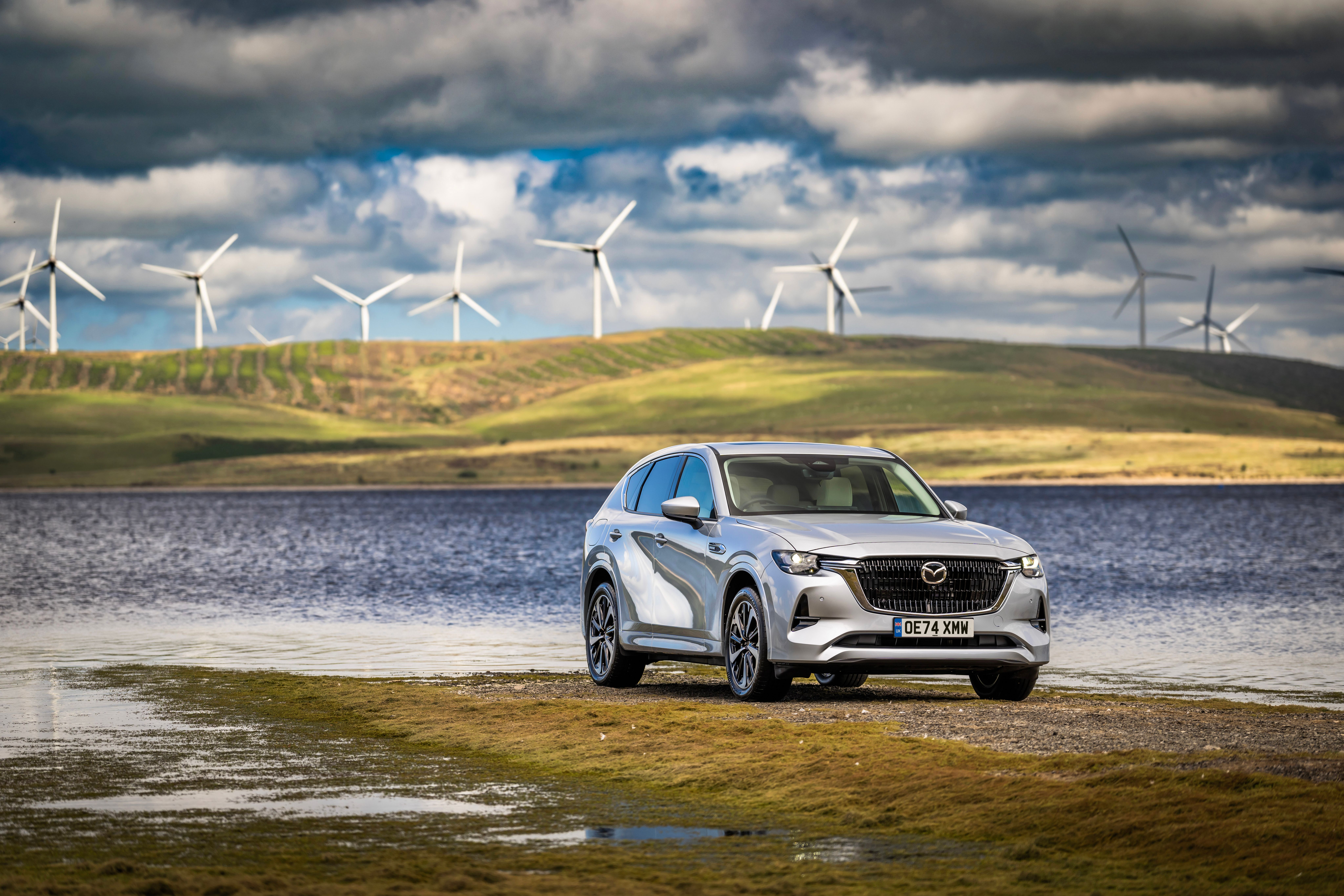
Finance is the most common way to buy a car, as it gives buyers a lot more flexibility when it comes to driving a newer vehicle.
There are several ways in which you can buy a second-hand car on finance, with different leasing deals to suit lots of different buyers.
They consist of monthly payments over a set period of time, allowing you to not have to eat into your capital equity, plus it enables you to drive something a lot more modern and reliable, too.
So, if you’re in the market for a second-hand car, there are loads available at Cazoo, and you need to go down the financing route, what options do you have?
We’ve compiled a list of all the car finance options along with their positive and negative points, to see which one best suits you.
Search for used cars on Cazoo
PCP
A PCP is the most common type of car finance agreement and it stands for ‘Personal Contract Purchase or Plan’.
You would usually pay a deposit of a certain percentage of the car’s value and then you would pay a set of monthly payments that usually lasts between 36 and 48 months. The monthly payment rates will depend on the car’s value, its depreciation and the annual percentage rate (APR).
When the PCP agreement comes to an end, you have the option of a ‘balloon payment’ which means you pay off the remaining equity in the vehicle and you take legal ownership of it. You can hand the vehicle back or use the remaining balance in the finance to contribute towards the deposit on your next car.
Pros:
There are plenty of positives with a PCP deal, as it allows you to own a much newer vehicle, and there are several manufacturers that offer low-rate monthly payments to make the deal even more tempting.
At the end of the agreement, you can simply just hand the car back if you don’t want to buy the car outright and PCP contracts usually last between three and four years, meaning you can change your car frequently.
Cons:
One of the biggest issues regarding PCP contracts is that you never legally own the car, unless you pay the balloon payment at the end. If you fail to keep up payments, you will lose the right to the car and the finance company will take the car off you.
All PCPs will have terms and conditions, meaning there will be a maximum annual mileage count, with fees given if you exceed what's signed on the contract.
Also, final balloon payments can be quite high, especially if you drive a vehicle that has strong residual values.
Search for used cars on Cazoo
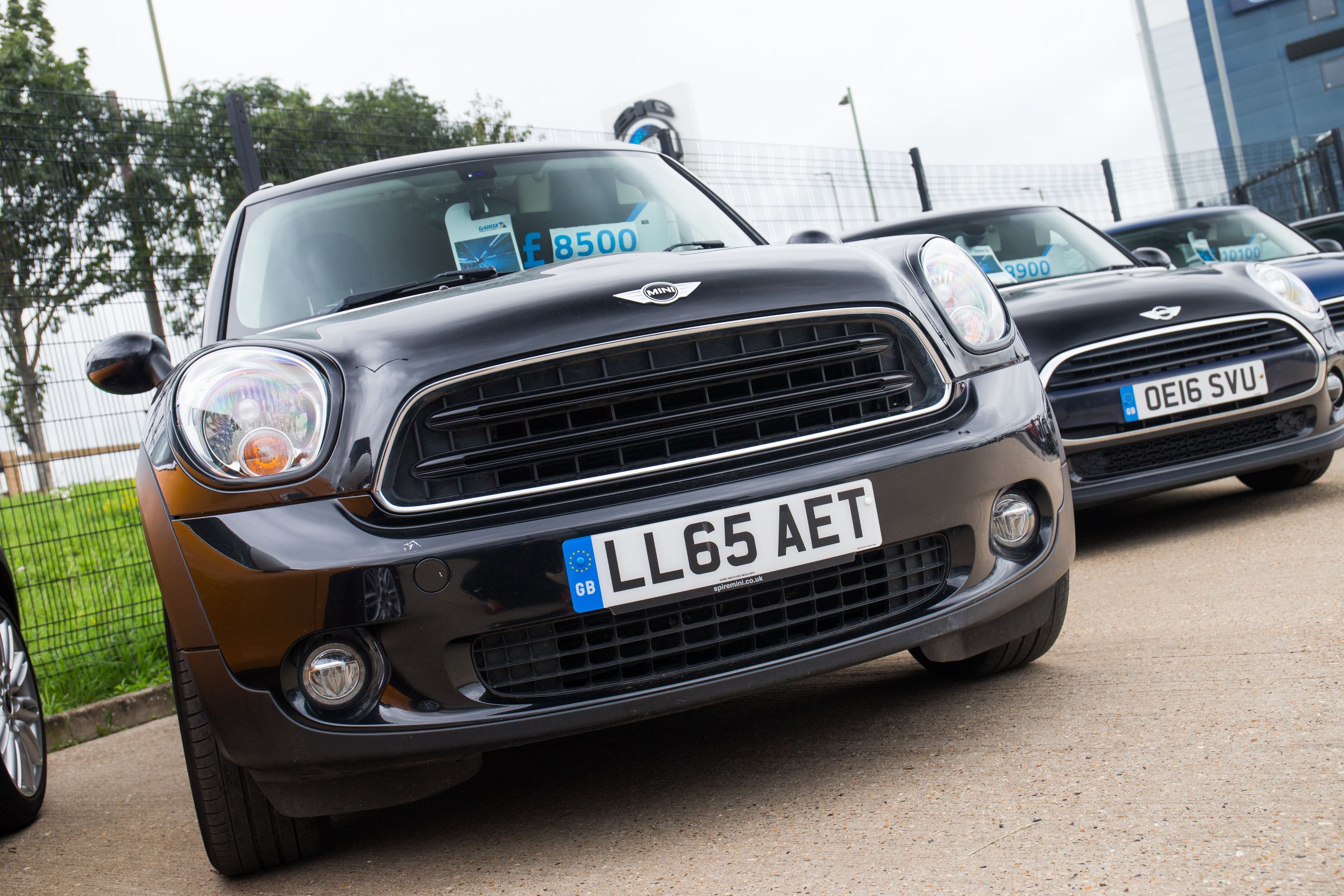
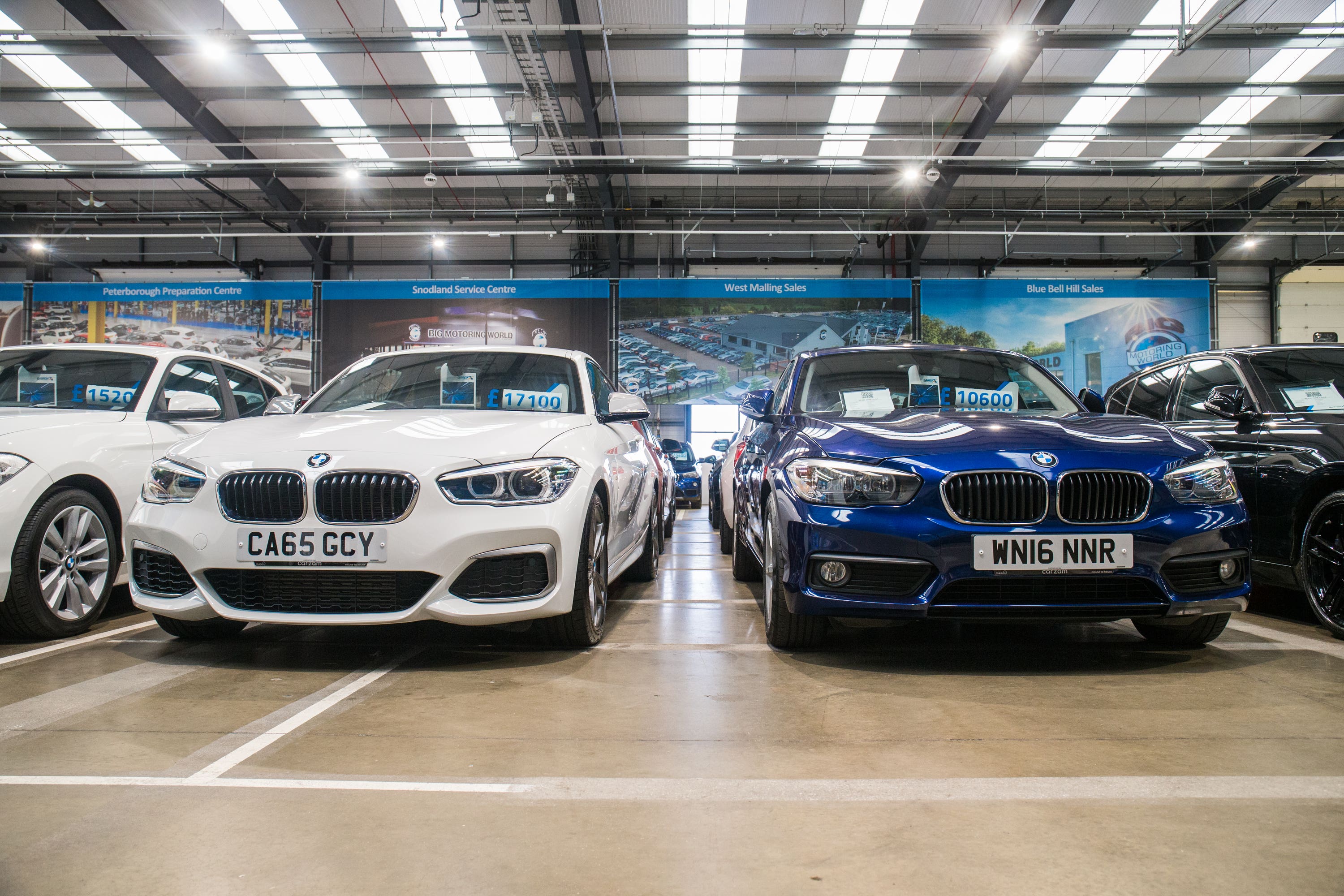
HP
HP is the second most common type of vehicle financing and it stands for ‘Hire Purchase’.
A Hire Purchase agreement is similar to a PCP contract, where you put down a deposit of a certain percentage of the car’s value and then pay monthly payments, but the payments are you paying off the car’s total value over the course of the deal, with HP agreements usually lasting between four and five years.
Just like with a PCP, an HP contract won’t allow you to legally own the car until a ‘transfer fee’ has been paid and you won’t be able to sell it, either.
Pros:
There are plenty of HP agreements available for second-hand cars, meaning it makes it much more flexible for buyers to choose the right contract for them. Plus, once you’ve paid the transfer fee, you automatically become the legal owner of the vehicle, with no hefty balloon payments to cough up. HP deals tend to not have an annual mileage limit, too. But, the biggest upside is, if you have a poor credit score, HPs are a lot easier to apply for than a bank loan.
Cons:
Just like with PCPs, you won’t legally own the car from the start, and you won’t be able to modify the car to your own personal preference as you might breach the terms and conditions in the contract.
Also, the monthly payments tend to be higher than a PCP, as you’re paying off the whole car, rather than its depreciation. Plus, if you fail to keep up payments, the finance company has the power to repossess the vehicle, meaning you will lose it.
Search for used cars on Cazoo
PCH
A PCH stands for ‘Personal Contract Hire’ and is a type of vehicle leasing that is becoming increasingly popular with second-hand vehicles.
A PCH agreement is basically a long-term rental of a car, where you pay a deposit and then have a set amount of monthly payments over a certain amount of years, which tend to last between two and five years. Then, when the agreement is up, you hand the car back.
Pros:
The positives with a PCH is that it’s simple and hassle-free as it’s similar to a PCP where you have fixed monthly payments and contribute to a deposit at the start. You don’t have to worry about the car depreciating as you don’t legally own the vehicle and the breakdown, delivery, road tax and warranty are usually included in a PCH deal.
Cons:
However, one of the biggest downsides to a PCH agreement is that when the term comes to an end, you have to give the car back, with no option to buy it outright or from the finance company.
The deposits for PCHs are usually higher than PCP and HP deals too, and you might have to pay any bodywork or interior damage that is seen as more than generic ‘wear and tear’.
Search for used cars on Cazoo
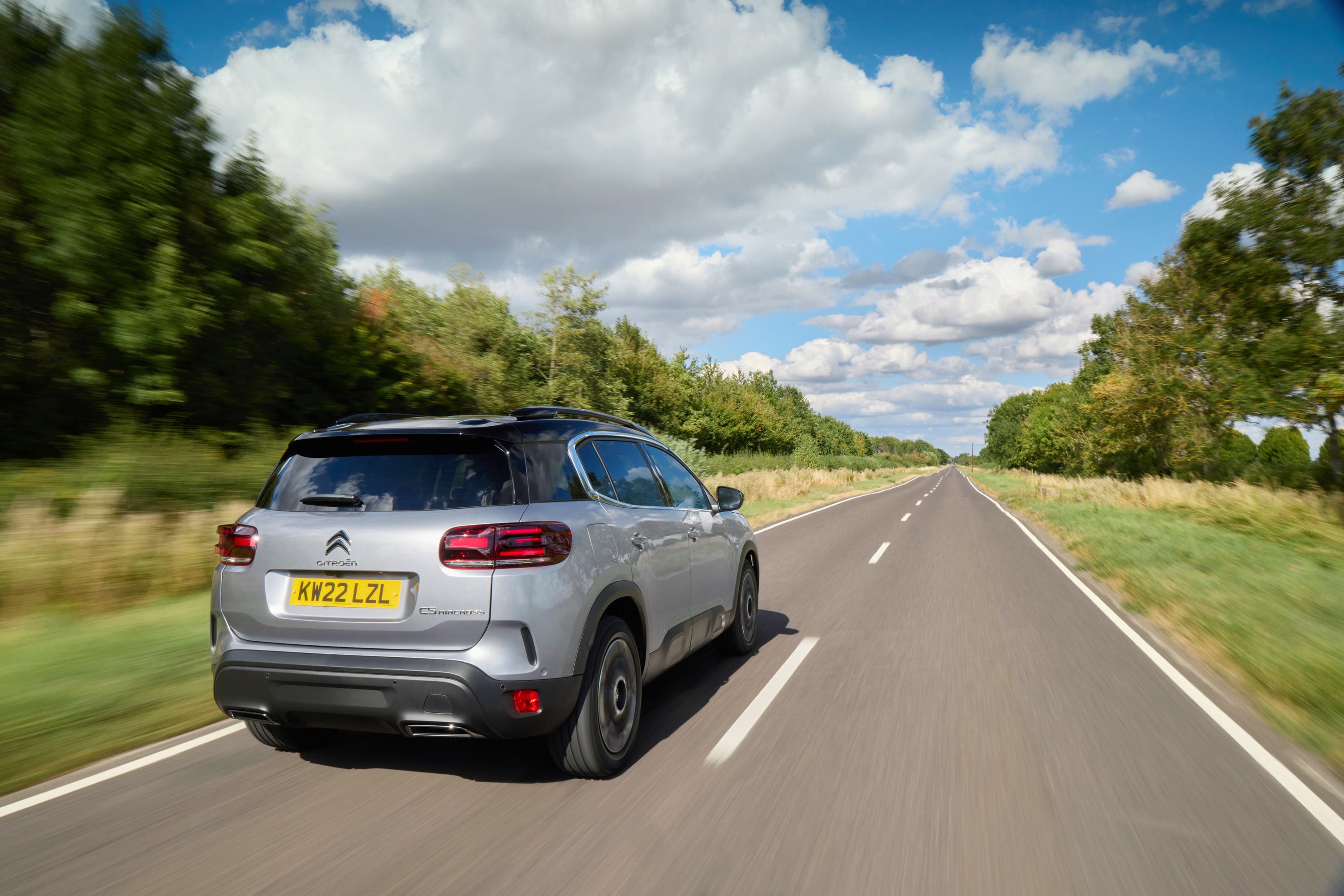
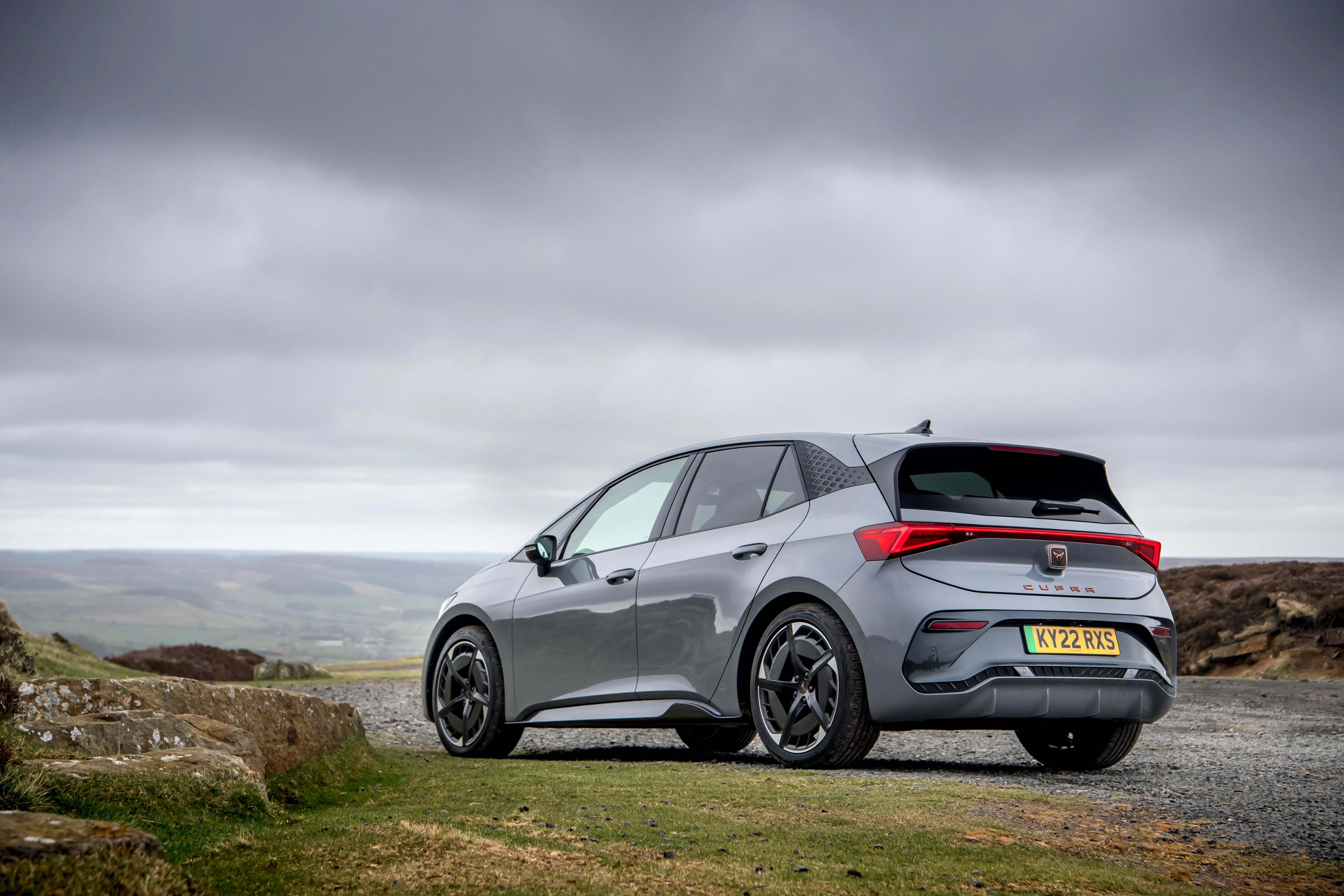
Personal Loan
A personal loan you can get from your bank is a great way of improving your credit score.
It involves taking out a set amount of money and then repaying it through a fixed sum of monthly payments in order to pay off the debt.
A personal loan can be secured or unsecured. A secured loan tends to be cheaper, but they are secured by your home, so if you fail to keep up with payments, you could lose your property. Whereas an unsecured loan has a lot less risks to them, but they tend to be more expensive longer-term.
Pros:
The advantages to taking out a personal loan is that you legally own the vehicle with no money owed to any finance company.
A personal loan allows you to buy a car from a private seller, as well as having cash allows you to haggle the price down even further. A personal loan also gives you the flexibility to pay part cash and the rest on the loan and there are no limitations on mileage, modifications and you can sell the car whenever you want.
Cons:
The negatives to a personal loan is that they can sometimes be more costly compared to finance companies on their monthly payments. If you sell the car, you’ll still need to pay off the loan and you’ll be responsible for any damage and maintenance repairs that are carried out.
Search for used cars on Cazoo